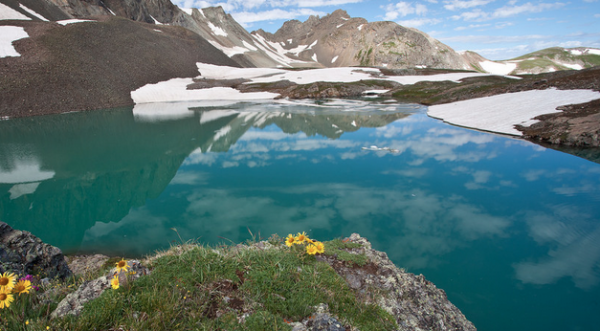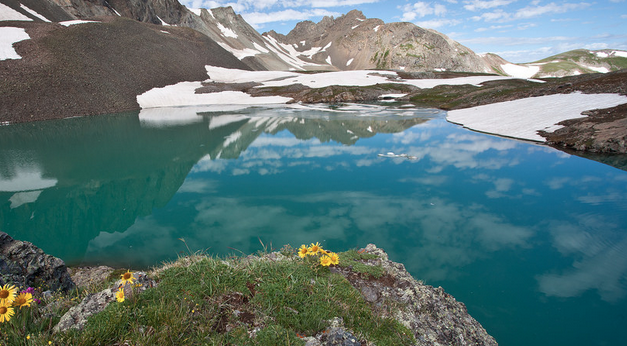Lesser men at the helm
By Skip Clement, Contributor
[dropcap]I[/dropcap]n our short history, greater men have come to understand the value of open lands, calling them the “Best Idea Ever.” Lesser men prefer to retreat, embracing the European model – no public lands, and those lands that are now public should be sold… those lands rightfully belong to those who can afford to own them and use them as they see fit.
Today, truly lesser men are at the helm, defying the will of the American people by proposing the undoing of not only clean water and air legislation that has profoundly improved our environment for 30 years but openly proposing the sale of public lands that exist today in many forms.
Our founding fathers understood the value of conservation, repudiated their European roots of the forests and waterways belonging to a single class of men. But with that belief came the ultimate question – what is the happy medium regarding the use of open land?
Remember, when the following words were written about “lands” there was no such thing as open lands in the world they knew, except those values held by native peoples. They had no laws to guide them, but thoughts about the value of open spaces were in their writings.
Laws would evolve and be strengthened in favor of the citizens and conservation… until now.

Southwest Colorado’s Alpine Loop National Backcountry Byway provides access to some of the most spectacular scenery anywhere in the Rockies.
An earlier thought on “lands”
The open land idea in the new America was best spoken to by John Quincy Adams of Braintree, Massachusetts [American statesman and sixth President of the United States], and it begged for further interpretation:
“Game laws are said to be directly opposed to the liberties of the subject; I am well persuaded that they may be carried too far and that they really are in most parts of Europe. But it is equally certain that where there are none, there is never any game; so that the difference between the country where laws of this kind exist and… where they are unknown must be that in the former very few individuals will enjoy the privilege of hunting and eating venison, and in the latter, this privilege will be enjoyed by nobody.”
Definitive answers were fomenting
The abundance of open land, vast deposits of minerals, fossil fuels, game and fish, and the industrial revolution heralded in a belief man could and should harness nature. It would all test the mettle of our environmental values and dramatically influence our future.
In John Riger’s book American Sportsmen and the Origins of Conservation, he quotes the conservationist William Elliott who observed in 1846:
“ . . . What a wonder, then, that men, forgetful of the future, surrendering themselves to the present, mingle with the throng of destructives who seem bent on extermination of the game, rather than attempt the difficult, and unpopular, and thankless office of conservation!”


